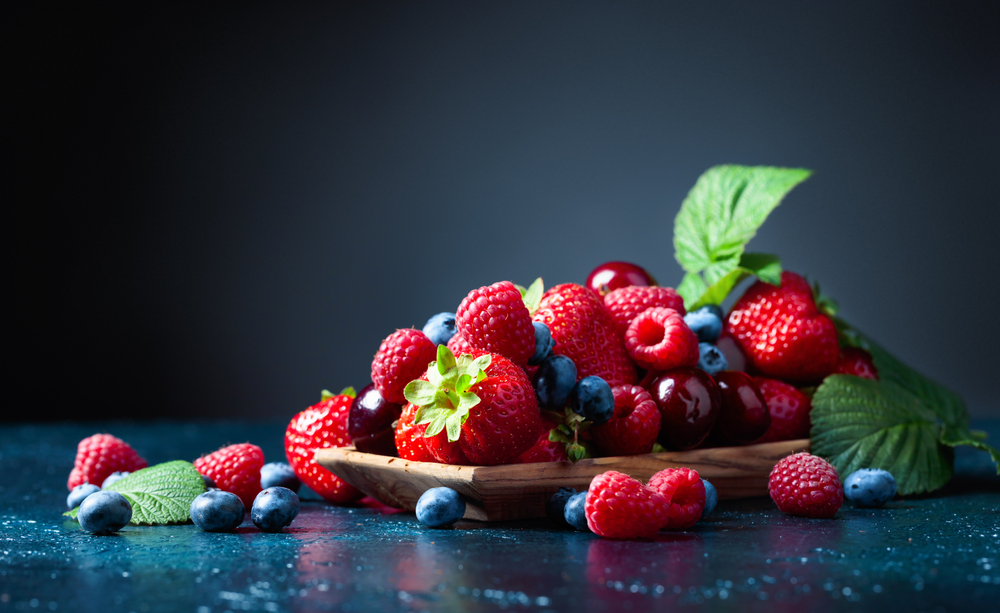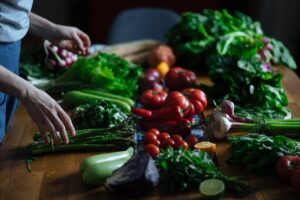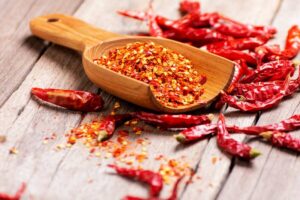
Fruit
Several fruit products, like melons, berries, and pre-prepared fruit salads, have been tied to food poisoning outbreaks.
This risky FDA-approved store food that’s grown on the ground, including watermelon, cantaloupe, and honeydew melon, have a high risk of inducing food poisoning due to Listeria, which can grow on the rind and extend to the flesh.
Between 1973 and 2011, 34 reported food poisoning outbreaks were associated with melons in our country.
It resulted in 3,602 cases of illness, 322 hospitalizations and 46 deaths. Watermelons accounted for 38%, cantaloupes accounted for 56% of the outbreaks, and honeydew melons accounted for 6%.
Cantaloupe is a significantly high-risk risky FDA-approved store food due to its rough, netted skin, which protects Listeria and other bacteria. This makes it challenging to remove bacteria, even with washing.
Fresh and frozen berries, such as strawberries, raspberries, blackberries, and blueberries, are also a common source of food poisoning because of harmful bacteria and viruses, particularly hepatitis A.
The top causes of berry contamination include poor hygiene practices of berry pickers, being grown in contaminated water, and cross-contamination with infected berries during processing. Washing fruit before you consume it can reduce the risks, and so can cooking it.
If you’re eating melon, make sure to clean the rind first. Eat fruit as soon as it’s cut, or place it in your fridge. Avoid pre-packaged fruit salads that haven’t been chilled or stored in a refrigerator.








1 thought on “6 Risky FDA-Approved Store Foods That Probably Cause Food Poisoning”
I had food poisoning two weeks ago (one night of vomiting, two days of diarrhea), and the only thing I ate differently than my husband (who did not get sick) was a meal at Olive Garden.